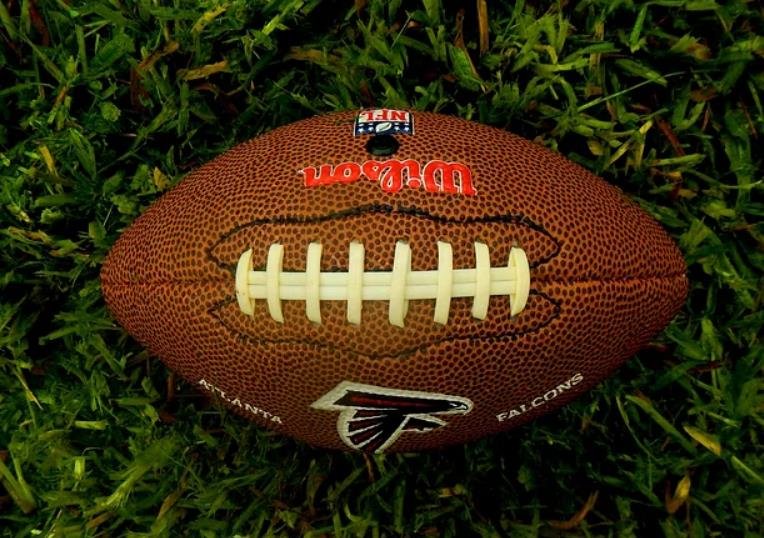In a landmark legal battle, former Denver Broncos linebacker Randy Gregory has filed a lawsuit against the NFL and his former team, alleging discrimination and obstruction of his prescribed medical treatment. Gregory claims that the league’s policies have unjustly penalized him for using synthetic cannabis to manage his medical conditions.
Gregory’s lawsuit centers on the NFL’s refusal to accommodate his use of synthetic cannabis, which was prescribed by his doctor to treat chronic pain and other medical issues. The former linebacker asserts that the league’s stringent anti-drug policies have resulted in significant financial penalties, including fines exceeding $500,000.
The legal action highlights the broader issue of players’ rights to access medically prescribed treatments without facing punitive measures from the league. Gregory’s case underscores the tension between the NFL’s drug policies and the evolving landscape of medical cannabis use.

The Impact on Player Health and Rights
The lawsuit raises critical questions about the NFL’s commitment to player health and well-being. Gregory’s legal team argues that the league’s policies are outdated and fail to consider the therapeutic benefits of synthetic cannabis. They contend that the NFL’s stance not only undermines players’ health but also infringes on their rights to follow medical advice.
Gregory’s case is part of a growing movement among athletes advocating for the acceptance of medical cannabis as a legitimate treatment option. The outcome of this lawsuit could set a precedent for how professional sports leagues address the use of alternative therapies for pain management and other medical conditions.
Broader Implications for the NFL and Beyond
The implications of Gregory’s lawsuit extend beyond the NFL. A ruling in his favor could prompt other professional sports leagues to reevaluate their drug policies and consider more progressive approaches to player health. It could also influence public perception of medical cannabis and its role in managing chronic pain and other conditions.
As the legal battle unfolds, it will be closely watched by athletes, medical professionals, and advocates for cannabis reform. The case has the potential to reshape the conversation around medical cannabis use in professional sports and highlight the need for policies that prioritize player health and rights.
Emily Wilson is a talented wordsmith whose passion for cannabis shines through in her eloquent articles that explore the plant’s cultural significance and historical context. With a focus on arts and lifestyle, she weaves together narratives that celebrate the creativity, innovation, and community fostered by cannabis enthusiasts worldwide. Emily’s unique perspective and engaging storytelling invite readers to embark on a journey of discovery and appreciation for the diverse facets of the cannabis experience.








